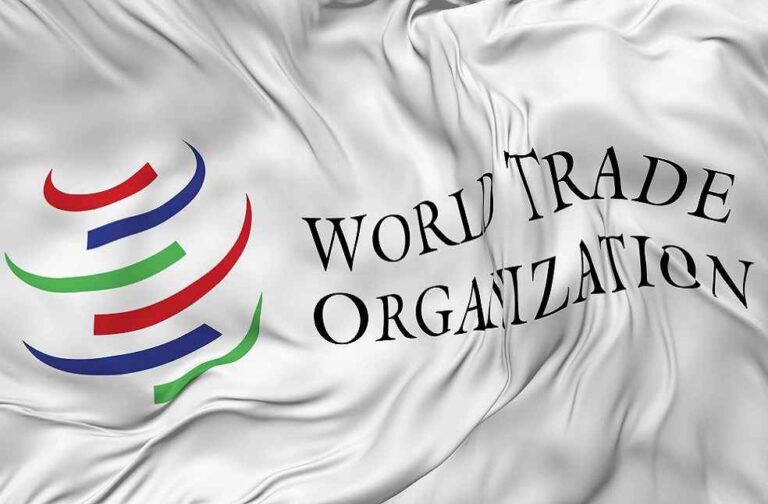The World Trade Organization (WTO) has agreed to India and Chinese Taipei’s request to delay the adoption of a ruling against New Delhi’s import duties on certain information and technology products until the end of October. This decision by the WTO’s dispute settlement body (DSB) provides additional time for both parties to negotiate a resolution.
The WTO dispute panel’s ruling, issued on April 17, 2023, determined that India’s import duties on specific high-tech goods contravene global trading norms. The European Union, Japan, and Taiwan initiated this case.
During the DSB meeting in Geneva, India and Chinese Taipei reiterated their need for more time, requesting the adoption of the panel reports to be delayed until October 28, 2024. This marks the fifth instance where the DSB has consented to such requests.

The WTO framework mandates that panel rulings must be implemented within 60 days of issuance unless member countries mutually agree to defer. This process underscores the multilateral body’s role in facilitating global trade and resolving disputes.
The origin of the dispute dates back to May 2019 when Chinese Taipei challenged India’s import duties on various electronic goods, including cellular network phones and parts, data reception and transmission machines, and telephone set components. Taipei argued these duties violated WTO rules, specifically under the Information Technology Products (ITA-2) agreement, which does not include India. Instead, India is a signatory of ITA-1, established in 1997, which does not mandate the elimination of customs duties on these products.

The DSB’s acceptance of the delay underscores ongoing efforts to resolve the dispute through bilateral consultations, the first step in the WTO’s dispute resolution process. If unresolved, either party can request the establishment of a dispute settlement panel.
The WTO’s appellate body, responsible for hearing appeals, remains non-functional due to member disagreements on appointments, with the US blocking the selection of new members. This impasse has left several disputes unresolved, highlighting the need for effective multilateral cooperation in global trade governance.
IMEX SECTOR | Vietnamese Coffee Prices Soar in UK as Export Volumes Decline Sharply



